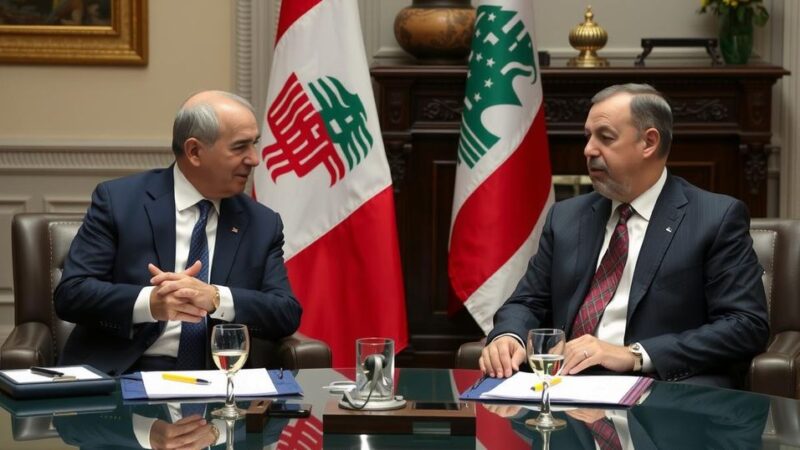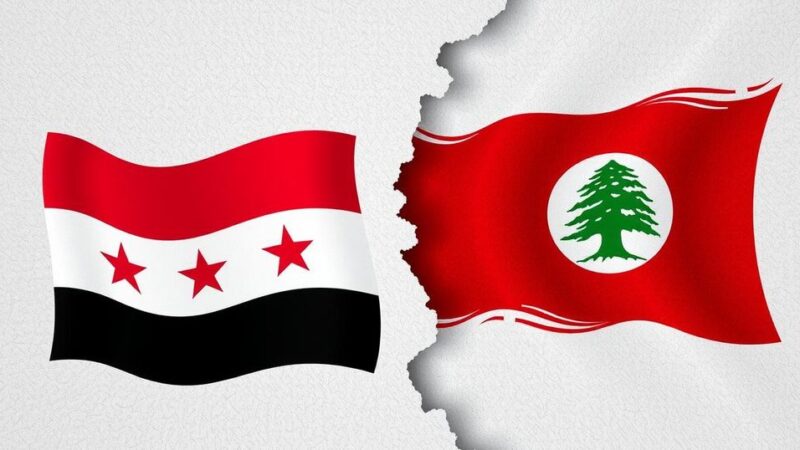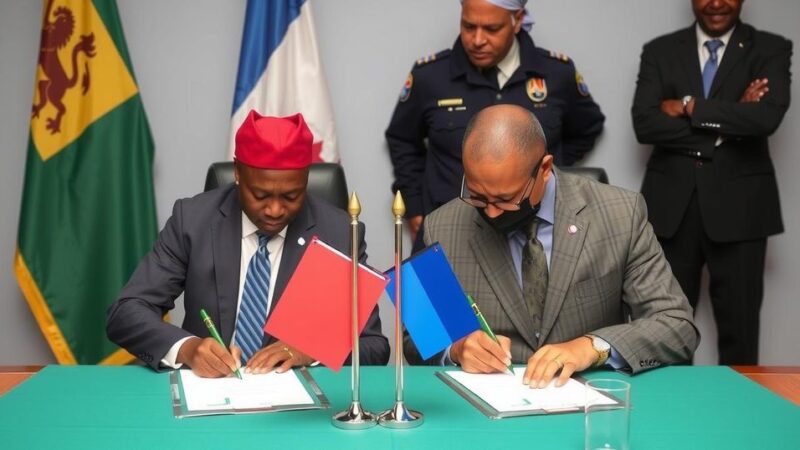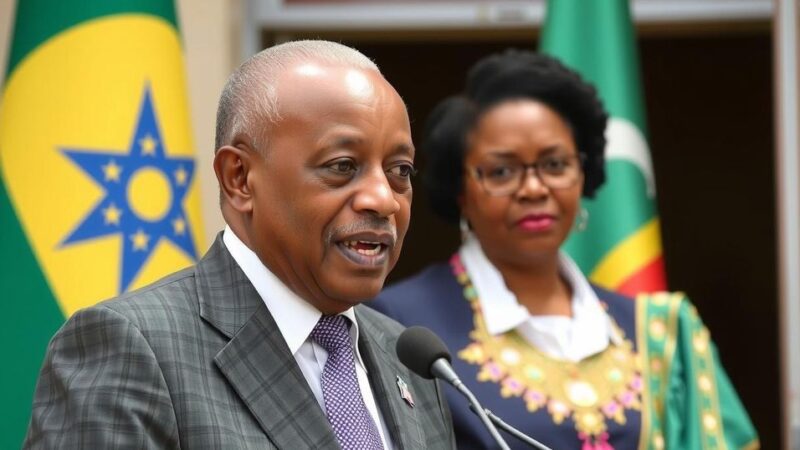California Attorney General Rob Bonta and 14 other attorneys general urged the Biden Administration to extend temporary protected status (TPS) for all current countries and additionally designate five others facing severe crises. Following their advocacy, TPS was extended for El Salvador, Venezuela, Ukraine, and Sudan. Bonta highlighted the critical role of TPS in upholding humane immigration policies. Over 67,000 TPS holders reside in California, emphasizing the state’s status as a leading home for immigrants.
On January 11, 2025, California Attorney General Rob Bonta, accompanied by 14 fellow attorneys general, called upon the Biden Administration to extend the temporary protected status (TPS) designation for all currently designated countries or, at the very least, for those with impending expirations. The letter specifically advocates for new TPS designations for Burkina Faso, Central African Republic, Democratic Republic of Congo, Libya, and Mali due to severe humanitarian crises in those regions.
Currently, TPS enables undocumented residents in the United States to remain here temporarily due to perilous conditions in their countries of origin. This essential humanitarian measure aligns with the United States’ historical commitment to providing refuge for individuals fleeing violence and disasters. Following the submission of their letter, the Biden Administration announced the extension of TPS protections for four out of the seven expiring designations, namely for El Salvador, Venezuela, Ukraine, and Sudan.
Attorney General Bonta expressed pride in California’s large immigrant population, including over 67,000 TPS holders. He reaffirmed the importance of TPS as a fundamental aspect of fair immigration policy and praised the recent extensions granted by the Biden Administration. The urgency of this matter is highlighted as 17 nations are currently recognized under TPS due to unsafe returning conditions for their nationals.
The letter underlined the necessity of extending TPS for all designated countries, with particular emphasis on the urgency for those countries set to lose protections in the near term: Afghanistan, El Salvador, Nepal, South Sudan, Sudan, Ukraine, and Venezuela. Additionally, the attorneys general implored further TPS designations for countries facing extreme human rights abuses, such as Burkina Faso and Libya, where armed conflicts are proliferating and civilian lives are at risk.
Temporary protected status (TPS) is a humanitarian program that allows individuals from designated countries affected by dangerous conditions—such as armed conflict, natural disasters, or significant human rights violations—to remain in the United States. It serves as a refuge for those who cannot safely return to their home countries. Currently, 17 countries are designated under TPS, reflecting the United States’ commitment to aiding those in dire circumstances. The recent advocacy by Attorney General Rob Bonta brings attention to the growing need to extend and expand this program in light of dire conditions in certain regions.
In conclusion, Attorney General Rob Bonta’s appeal to the Biden Administration emphasizes the necessity of extending temporary protected status for current designated countries and advocating for the inclusion of several others facing critical humanitarian crises. This request underscores the ethical obligations of the United States to provide sanctuary for individuals fleeing violence and repressive conditions, thereby reinforcing America’s legacy as a refuge for those in need.
Original Source: goldrushcam.com







